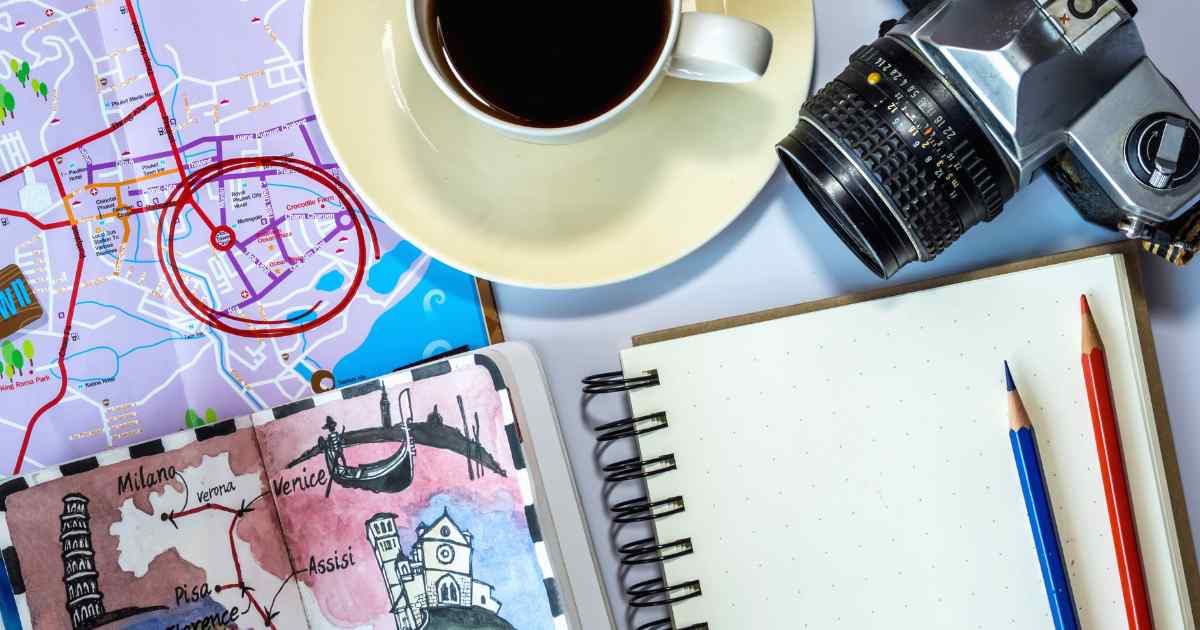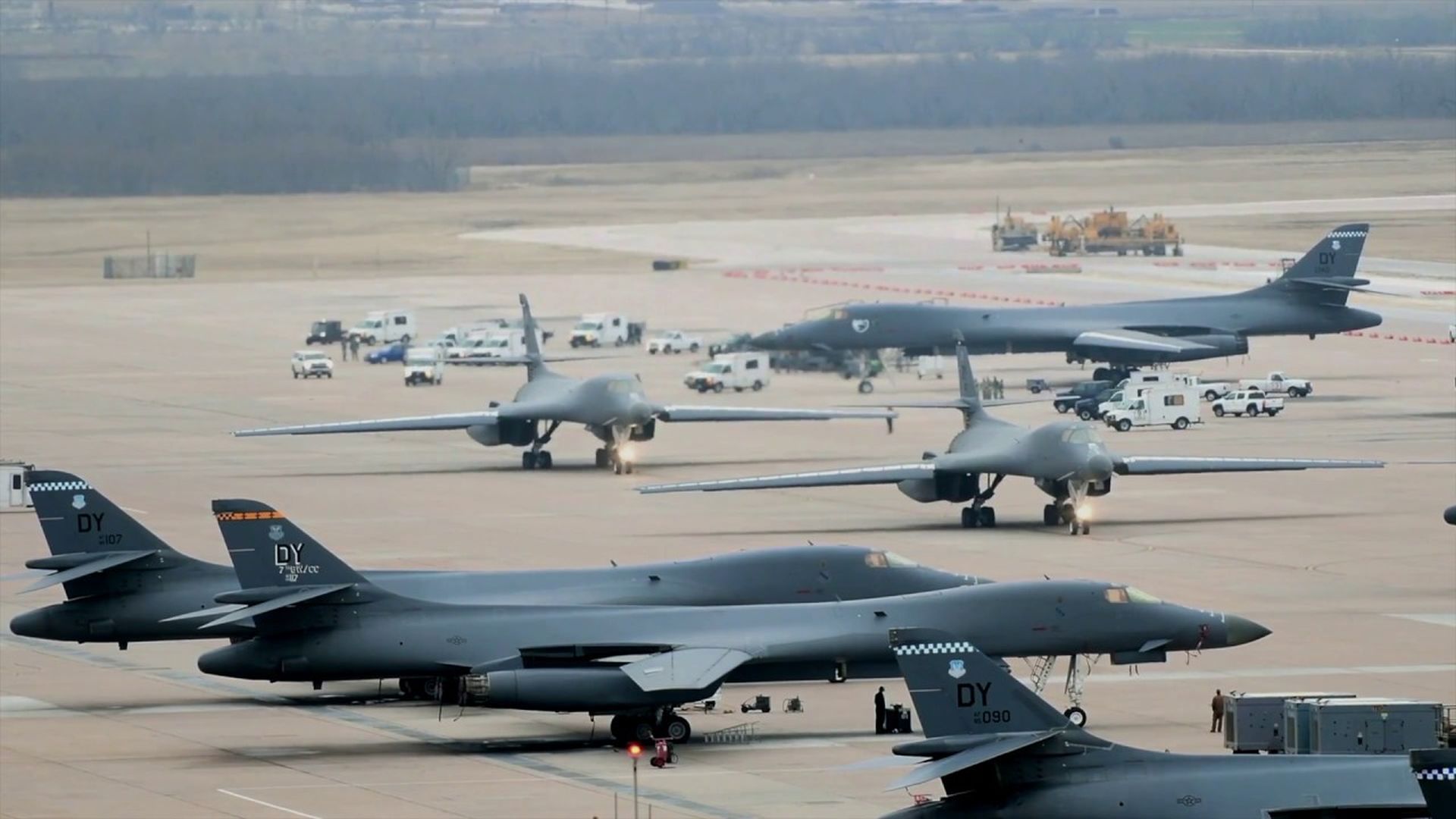The story of the Gupta brothers, arrested in Dubai earlier this month, has all the ingredients of a Bollywood blockbuster.
Hailing from Saharanpur in western Uttar Pradesh, where they had a small family business, the brothers became instrumental in toppling a government and creating an unprecedented political controversy in an alien land.
According to a former neighbour of the Gupta family in Saharanpur, the brothers were determined to make it big.
Speaking on condition of anonymity to IANS, the septuagenarian neighbour said: “When the brothers went to South Africa, no one knew they would strike gold there. It was only after the 2013 wedding that we realised how big they had become. They were cautious enough not to flaunt their wealth in Saharanpur or ruffle any feathers.”
He said that the Gupta family was like any other middle-class business family, easy-going, friendly and social.
The eldest of the brothers, Atul Gupta, is said to have gone to South Africa in 1993 when the country was opening up to the world after the end of apartheid. The other brothers — Ajay and Rajesh — followed suit.
According to sources, the Guptas initially sold shoes from their car in South Africa but soon set up a company called Sahara Computers. They discovered that South Africa had surprisingly no red tape in the bureaucracy.
Their business flourished and they developed political connections. They expanded their business network from computers to air travel, energy, mining, technology and media.
The Gupta brothers became close to Jacob Zuma, then President of South Africa, in 2015 and their bond grew stronger by the day.
The friendship became so well known that they were referred to as ‘Zupta’.
Zuma’s son Duduzane was a director of Gupta-owned Sahara Computers, named after their hometown of Saharanpur, and has been involved with several of the family’s other companies.
While the Gupta brothers became financially strong and grew in stature, thanks mainly to the political clout they enjoyed, they also took care to ensure that political leaders back home in Uttar Pradesh were also “well looked after”.
A wedding in the Gupta family in 2013 created ripples when a plane carrying the guests for their daughter’s wedding was allowed to land at a military airbase reserved only for the head of state — Waterkloof Air Force base, outside Pretoria.
Several top politicians from Uttar Pradesh attended the wedding.
It appeared that Zuma had tacitly approved the decision, which breached air force, customs and immigration rules. The guests were also accorded a police ‘blue light’ escort.
In 2016, South Africa saw a major political controversy over allegations that the Gupta brothers had promised the then deputy finance minister an elevation to the post of the finance minister if he advanced their business interests.
The brothers allegedly also promised to pay 600 million rands.
Around the same time, former Finance Minister Pravin Gordhan alleged that it was the Gupta brothers who had got him fired from the Jacob Zuma government.
The Gupta business empire was repeatedly accused of securing deals with South Africa’s giant state-owned companies on wildly favourable terms.
South Africa’s ethics watchdog, the Public Protector, published a damning report in October 2016, finding that the state-owned electricity monopoly had awarded a massive coal order to a Gupta-linked business at well above market prices.
On the watchdog’s recommendation, a judicial inquiry was opened, gathered testimonies for four years and is releasing serialised reports containing damning details.
In 2017, about 1 lakh emails were leaked, establishing how deeply the Gupta brothers influenced the Jacob Zuma government and this marked the beginning of the downfall of the Zupta empire.
Protests were also taking place in the aftermath of the electoral setbacks that the African National Congress (ANC) suffered in the local body polls in 2016. The ANC feared that it would suffer in the next national polls.
In February 2018, the Opposition brought a no-confidence motion against Jacob Zuma. The ANC had suffered enough humiliation. So, it forced Jacob Zuma to step down as South Africa’s president.
The Gupta brothers, soon enough, fled to Dubai.
Pretoria had penned treaties to enable the two countries to help each other in the investigation and prosecution of crimes and the extradition of fugitives.
The extradition treaty was concluded in June 2021. The following month Interpol issued a red notice alert enabling law enforcement to arrest a person sought for prosecution or to serve a custodial sentence and hold them pending extradition.
Less than a year later, the brothers, Atul and Rajesh, were arrested earlier this month. Ajay is still absconding.





















Discussion about this post